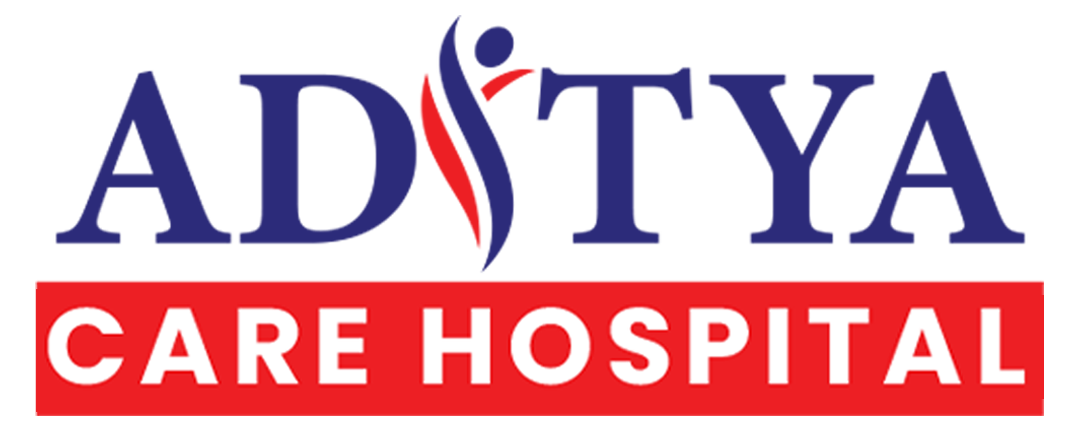Fatty liver disease occurs when excess fat builds up in the liver, leading to inflammation and potential liver damage. It is a growing health concern, affecting millions worldwide, often without noticeable symptoms in the early stages. Understanding its symptoms, risks, and treatment options is essential for managing and preventing complications.
What Is Fatty Liver Disease?
Fatty liver disease occurs when fat makes up more than 5-10% of the liver’s weight. There are two main types:
- Non-Alcoholic Fatty Liver Disease (NAFLD) – Caused by factors such as obesity, poor diet, and metabolic disorders, rather than alcohol consumption.
- Alcoholic Fatty Liver Disease (AFLD) – Caused by excessive alcohol intake, which damages liver cells over time.
If left untreated, fatty liver disease can progress to steatohepatitis, fibrosis, cirrhosis, and even liver failure.
Symptoms of Fatty Liver Disease
In the early stages, fatty liver disease may not cause noticeable symptoms. However, as the condition progresses, individuals may experience:
- Fatigue and weakness
- Unexplained weight loss
- Pain or discomfort in the upper right abdomen
- Swelling in the liver area
- Jaundice (yellowing of the skin and eyes in severe cases)
- Swelling in the legs and abdomen (ascites)
Who Is at Risk for Fatty Liver Disease?
Several factors increase the likelihood of developing fatty liver disease, including:
- Obesity – Excess fat in the body increases liver fat accumulation.
- Type 2 Diabetes and Insulin Resistance – High blood sugar levels contribute to liver fat storage.
- High Cholesterol and Triglycerides – Poor lipid metabolism can worsen fatty liver.
- Poor Diet – Excess consumption of processed foods, sugary beverages, and refined carbohydrates.
- Sedentary Lifestyle – Lack of exercise promotes fat buildup in the liver.
- Excess Alcohol Consumption – Leads to alcoholic fatty liver disease and liver inflammation.
- Genetics – Family history of liver disease can increase risk.

How Is Fatty Liver Disease Diagnosed?
Doctors use various tests to diagnose fatty liver disease, including:
- Blood Tests – To check for elevated liver enzymes (ALT and AST).
- Ultrasound or MRI Scans – To detect fat buildup in the liver.
- Liver Biopsy – In severe cases, a small liver sample is taken to assess inflammation and scarring.
Treatment Options for Fatty Liver Disease
While there is no specific medication for fatty liver disease, lifestyle changes play a crucial role in managing and reversing the condition.
1. Dietary Changes
- Reduce sugar and refined carbohydrates (white bread, pasta, sweets).
- Increase fiber intake with vegetables, whole grains, and legumes.
- Choose healthy fats like olive oil, avocados, and nuts.
- Eat lean proteins such as fish, chicken, and tofu.
- Stay hydrated and avoid sugary drinks.
2. Weight Management
- Losing 5-10% of body weight can significantly reduce liver fat.
- Engage in regular exercise such as walking, cycling, or swimming.
3. Control Blood Sugar and Cholesterol
- Monitor glucose levels and follow a diabetic-friendly diet.
- Take prescribed medications if necessary to manage cholesterol.
4. Limit Alcohol Consumption
- For non-alcoholic fatty liver disease (NAFLD), avoid alcohol completely.
- If diagnosed with alcoholic fatty liver disease (AFLD), quitting alcohol is essential.
5. Medications and Supplements
- Some doctors recommend Vitamin E and omega-3 fatty acids for liver health.
- New medications are being researched, but lifestyle changes remain the most effective approach.


Can Fatty Liver Disease Be Reversed?
The good news is that fatty liver disease is reversible in its early stages. With proper diet, weight loss, and lifestyle modifications, the liver can heal and function normally again. However, if the condition progresses to cirrhosis, liver damage may become permanent.
Final Thoughts
Fatty liver disease is a silent yet serious condition that can lead to severe liver complications if left untreated. Early detection and proactive lifestyle changes, such as a healthy diet, regular exercise, and weight management, are key to preventing its progression. If you suspect you have fatty liver disease, consult a doctor for proper diagnosis and treatment recommendations.

